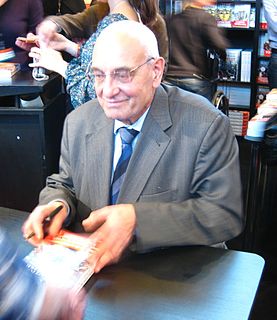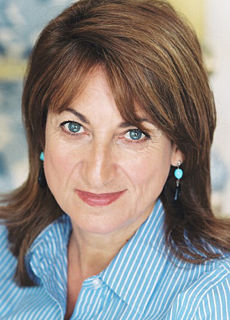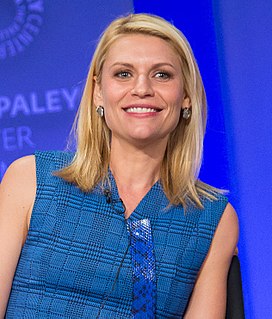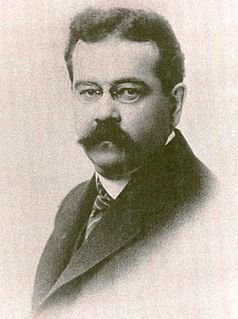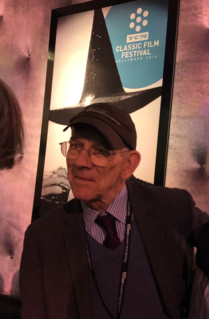A Quote by Max Gallo
Political scientists have often described Gaullism as a sort of Bonapartism. I myself have occasionally compared Sarkozy to Napoleon Bonaparte.
Quote Topics
Related Quotes
Suppose someone sits down where you are sitting right now and announces to me that he is Napoleon Bonaparte. The last thing I want to do with him is to get involved in a technical discussion of cavalry tactics at the Battle of Austerlitz. If I do that, I'm getting tacitly drawn into the game that he is Napoleon Bonaparte.
In early 1798, the Directory, the oligarchy that was ruling revolutionary France, ordered its top general, Napoleon Bonaparte, to plan the invasion of England. Instead, Napoleon organized and carried out the invasion of Egypt, which became the first modern incursion by the West into the Middle East.
Global warming is a false myth and every serious person and scientist says so. It is not fair to refer to the U.N. panel. IPCC is not a scientific institution: it’s a political body, a sort of non-government organization of green flavor. It’s neither a forum of neutral scientists nor a balanced group of scientists. These people are politicized scientists who arrive there with a one-sided opinion and a one-sided assignment.
This soldier, I realized, must have had friends at home and in his regiment; yet he lay there deserted by all except his dog. I looked on, unmoved, at battles which decided the future of nations. Tearless, I had given orders which brought death to thousands. Yet here I was stirred, profoundly stirred, stirred to tears. And by what? By the grief of one dog. Napoleon Bonaparte, on finding a dog beside the body of his dead master, licking his face and howling, on a moonlit field after a battle. Napoleon was haunted by this scene until his own death.
It had become usual to give Napoleon the Credit for every Successful achievement and every stroke of good fortune. You would often hear one hen remark to another, "Under the guidance of our leader, Comrade Napoleon, I have laid five eggs in six days" or two cows, enjoying a drink at the pool, would exclaim, "thanks to the leadership of Comrade Napoleon, how excellent this water tastes!".
[Wise men] have tried to understand our state of being, by grasping at its stars, or its arts, or its economics. But, if there is an underlying oneness of all things, it does not matter where we begin, whether with stars, or laws of supply and demand, or frogs, or Napoleon Bonaparte. One measures a circle, beginning anywhere.
The Conquest is not a film about Nicolas Sarkozy - it's a film about political conquest. It's a Shakespearean expression, where we have all the elements of a drama, both political and personal at the same time. The decors and the costumes are all based on real photos - I wanted to be as close to reality as possible. Nicola Piovani's theatrical music gives a distance that's almost Chaplinesque, there's something quite funny. There's no imitation, no caricature, no parodie - it's realism with a distance where the dialogues are often quite funny.
